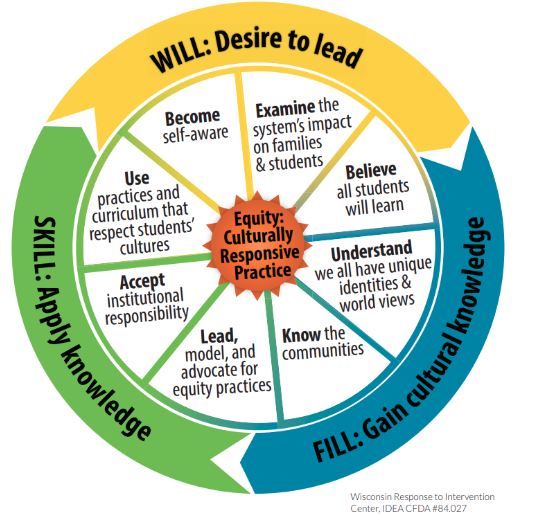Culturally Responsive Pedagogy c/o Jeffrey Dessources
As I’ve embarked on adulthood I’ve curated my time, jobs, and service around three passions: art/storytelling, entrepreneurship, and education. These areas of focus drove me to become a creative writing instructor, a small business owner, and a full-time creative, among other evanescent labels, and will continue to propel my journey. Although it has now been years since I’ve taught in a formally structured classroom, I know I’ll be wearing the ‘teacher’ hat soon enough, which is why I stay thinking and tossing around the questions:
What does an education system that nourishes passion in learning instead of pure regurgitation actually look like?
How can I create inclusive multicultural education that promotes truths often negated amplification?
What are we failing to teach that will better plant seeds of change, inspiration, and confidence in those I’ll teach?
So naturally, when I’m trying to find creative solutions I turn to YouTube. I type in something along the lines of ‘education of the future’ which leads me to a New Jersey City University TED Talk by Jeffrey Dessources titled Culturally Responsive Pedagogy. First thing I notice is this man is fitted; he wears a crisp smokey-colored suit and blue 1s leads me to infer this man is with the shits. I’m here for the leadership talk but the gems he drops apply to all folks, as we all find ourselves serving as role models, coaches, and educators, casually or formally at one point or another.
Culturally responsive teaching is a pedagogy that recognizes the importance of infusing the student’s cultural references in all of their learning.
While Dessources is speaking directly to those in higher education in leadership and student development this type of pedagogy is also necessary outside formal education structures for example in community spaces like those previously curated by MeetTheYoungs, education events such as Sarah Kim’s By Way of Us or wellness events like those by Inanimate Nature Studio.
How do we achieve teaching of this kind that will inspire students instead of drain them? It starts with a heightened level of communication and more authentic conversations. Create room for discourse that acknowledges students are curators of their knowledge-seeking. Give them the agency that they should have had to begin with.
Diversity your views. It’s on us (role models/educators/elders) to do our homework too.
For you to be a culturally responsive educator you have to take a risk. You have to go left when they always told you right was the way to go.
We often forget the value of culture shifters and forget to preach how important storytellers really are. It doesn't matter the medium, let it be TikTok, IG, YouTube, we need students inspired to tell their truths, their realities, and their histories.
We need storytellers. We need to make sure that the important messages that are happening right in front of our face are moving along in history. We cannot be stuck in one space.
If we’re not documenting the changes, are the changes really happening?
Dessources makes a valid ass point when he pulls that the Social Change Leadership Model was introduced in 1993 and has since never been updated. 1993, the same year Sears, Blockbuster Video, and Macys dominated their respective ecosystems. “Then something happened. There was a reshape in the culture and those places just weren't quite ready. As educators, we have to be ready...”
Innovation is oxygen. If you fail to innovate, you will get left, just like those businesses and the technology that becomes antiquated. Adapt or get left behind!
Just as we all are life-long students, everyone is an educator, doesn't matter the age or the curriculum vitae. Rid yourself from the hierarchies that degrees means they’re the expert in a particular field. Culturally responsive education means we all learn from each other.
If we want to change education we have to push ourselves to cultural responsibility and responsiveness. If we can’t understand their language how do we expect to get through to them?
We must assign ourselves homework and at the very least minimally understand our student’s modern-day existence, including their anxieties, pressures, art, film, apps, music, etc.
I have strong opinions when it comes to curriculum dev and honestly, I swear it’s best to just throw the whole damn system away. It’s time for the creation of a conscious, relevant, refined curriculum that reflects to the students an updated reality.
Stop teaching history through this omnipresent white frame. Begin teaching spirituality, give them resources for maintaining holistic mental health, highlighting subject leaders that look like them, and ask them what they want to learn.
We have to continually update or we’ll get left behind, and worse of all, so will they.



